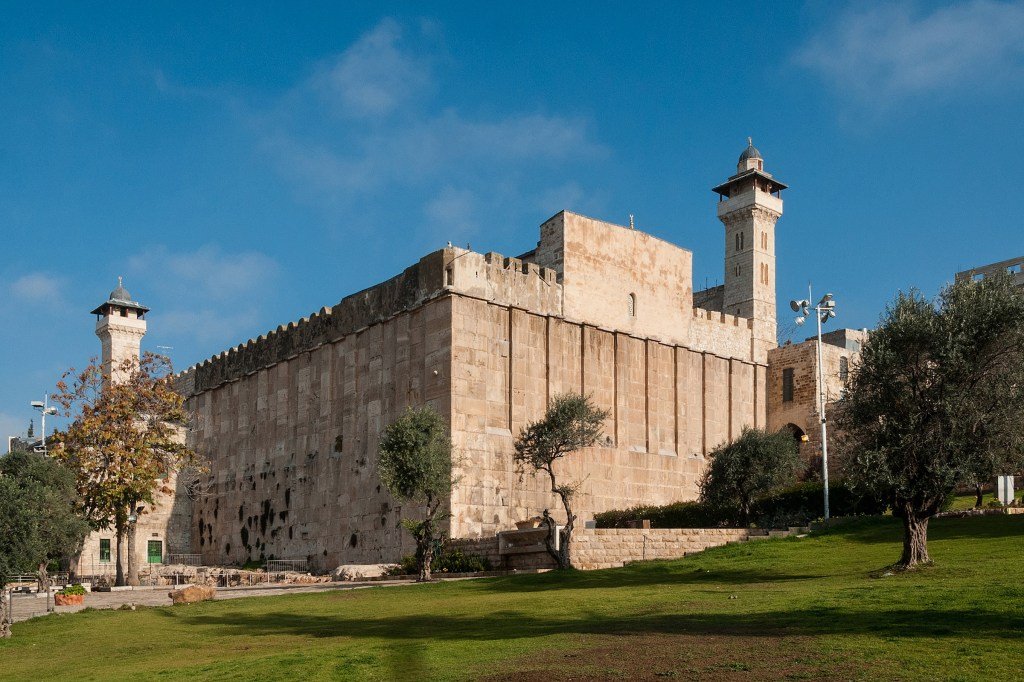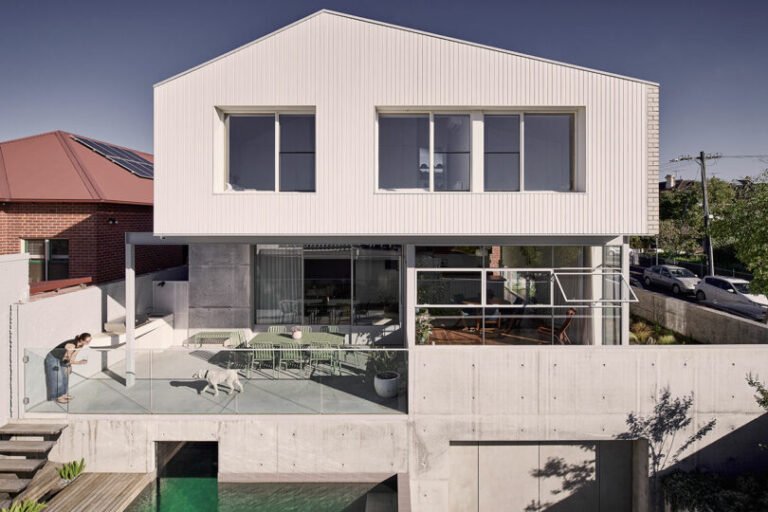

Israeli authorities in the Occupied West Bank are reportedly planning to seize control of the Ibrahimi Mosque, stripping the Palestinian-run Hebron Municipality of administrative responsibilities over the historic holy site.
On Tuesday, July 15, the newspaper Israel Hayom reported that the Civil Administration, the Israeli governing body that operates in the Occupied West Bank, is seeking to transfer authority over the mosque to the religious council of the nearby Kiryat Arba settlement, considered illegal under international law. The Civil Administration initially told Haaretz that the Kiryat Arba council would carry out roofing work on the Jewish side of the structure, which has been subject to mounting restrictions for Muslims following the 1994 massacre of Palestinians by a Zionist extremist at the site. Haaretz reported that the Civil Administration later walked back the claims.
Known to Jewish people as the Tomb of the Patriarchs, the site is located in the heart of Hebron’s Old City, which is home to about 200,000 Palestinians and roughly 800 Israeli settlers who are guarded by 1,500 Israeli soldiers. It is believed to hold the remains of the prophet Abraham and his family members and is thus considered a holy pilgrimage site for the three monotheistic religions, Judaism, Christianity, and Islam.
One of the oldest prayer sites in the world, the original structure dates back about 2,000 years ago to the Roman era. A Christian basilica was constructed on the site during the Byzantine period. It was converted into a mosque after the Muslim conquest in 7th century CE, integrating Islamic architectural features such as minarets. In the 12th century, the Crusaders captured the site and transformed it into a Christian church once more. It was reverted to a mosque in 1187 when Saladin reclaimed the city of Hebron, but has been under Israeli military control since 1967, when Israel occupied the West Bank.

In 1994, Brooklyn-born Israeli settler Baruch Goldstein opened fire on Muslim worshippers during dawn prayers, killing 30 people and wounding more than 125. After the massacre, an Israeli commission known as the Shamgar Committee divided the site into two properties, with separate entrances for Jewish and Muslim worshippers.
But like Hebron, the Ibrahimi Mosque has repeatedly been subjected to intrusions and restrictions imposed by Israeli settlers and forces, such as bans on prayers and closures of entrances for Muslim worshippers. Two years ago, Israeli authorities similarly seized control over the site to install an elevator at the tomb — a move that was decried by both Jewish and Muslim worshippers.
The recent decision to seize control over the mosque was made earlier this year when Lieutenant Colonel Ayman Bisan, who leads Israel’s Hebron District Coordination and Liaison Office, wrote to Hebron Governor Khaled Dudin threatening to take over the site if issues with the structure’s roofing were not resolved. In this correspondence, Bissan said that authority over the site would be transferred to the National Planning and Building Council, an Israeli entity involved in the advancement of settlement construction in the West Bank.

Now, Palestinian officials are reportedly urging UNESCO and the international community to step in and halt any execution of this new plan. Other governments, including Qatar and the United Arab Emirates, have also denounced the move.
“The Ministry considers this an unprecedented step in Israel’s ongoing efforts to assert sovereignty over the site, Judaize it, and alter its identity and historical features,” the Palestinian Ministry of Foreign Affairs said in a statement to Middle East Eye (MEE).
The ministry further warned that the move would be a “blatant violation of international law” that could potentially escalate tensions between Palestinian residents and Israeli settlers in Hebron, according to MEE.
Editor’s note 7/22/25 9:40am EST: A previous version of this article misstated the age of the original structure. It was built in the 1st century BCE.


